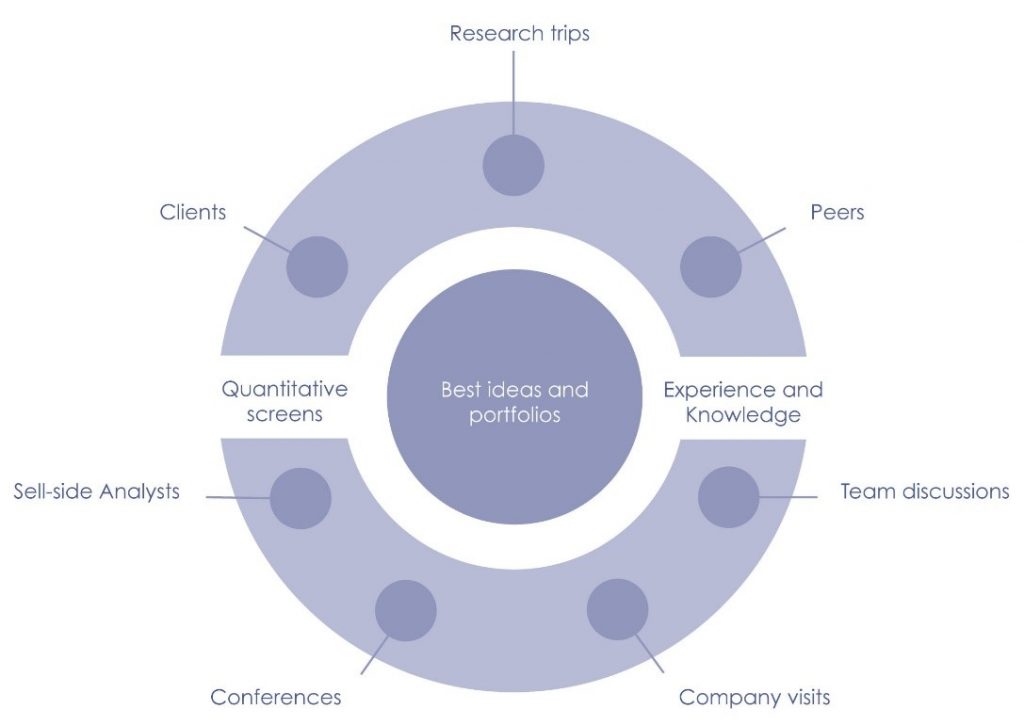Share this post
Bias
March, 2024
An opinion can cloud good judgment because it introduces bias into a decision-making process. When someone holds a strong opinion about a particular topic, they may become emotionally attached to that viewpoint, making it difficult for them to objectively evaluate information or consider alternative perspectives. This emotional attachment can lead to cognitive biases, such as confirmation bias (seeking out information that supports their opinion while ignoring contradictory evidence) or anchoring bias (over-relying on initial information or beliefs).
As a result, their judgment may be influenced more by their preconceived opinions than by an objective assessment of the situation, potentially leading to flawed decision-making. It’s important to recognise the influence of personal opinions and strive to maintain objectivity when making decisions, especially in situations where biases could have significant consequences.
Here are a few examples of how an opinion can affect your investment decision making process:
1. Overvaluing a favourite investment
2. Ignoring diversification
3. Confirmation bias
4. Herd mentality (following others)
5. Failure to re-evaluate as events unfold
In all of these examples, the influence of personal opinions can lead investors astray and undermine their ability to make sound investment decisions. It’s important for investors to recognise the potential impact of biases on their judgment and strive to maintain objectivity by conducting thorough research, considering alternative viewpoints, and remaining open to new information.

Acknowledging that we could be seduced by bias is important for us in Tacit, as it then helps the team consider to review how bias can be challenged. It is for this reason that we spend a lot of our time reviewing alternative views from other global investors, academics, and research institutes to test our core thesis. We are not ashamed to say that this competitor research has led to us altering our views at times. The image above shows the wide range of views we consider.
At Tacit, we have a conviction-based approach, so we have to be especially alert to the risk of bias in our decision-making. This is ultimately how we produce performance ahead of our peers over time. The key is having a process which forces robust debating to test our thinking both internally and externally. Biases are inevitable; not acknowledging them results in poor investment outcomes.
